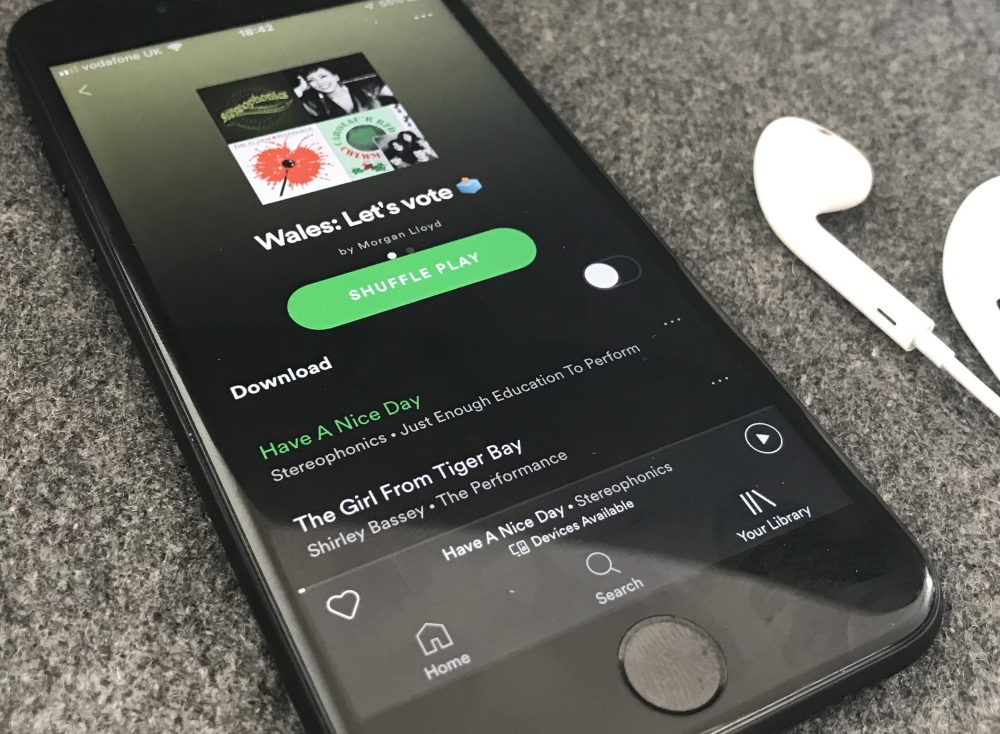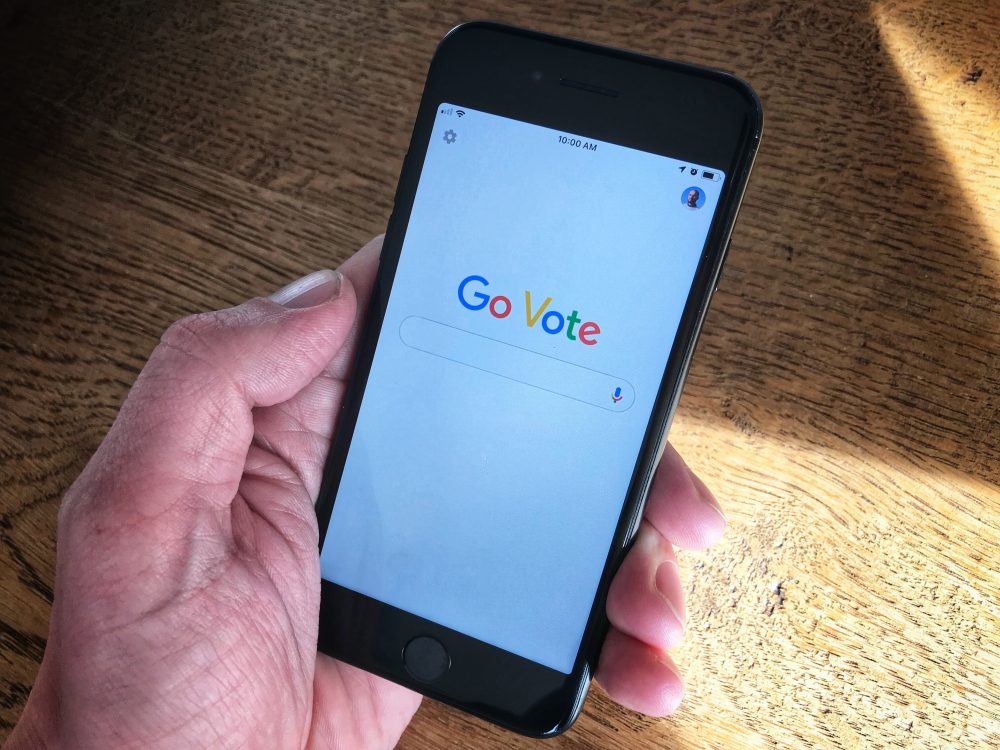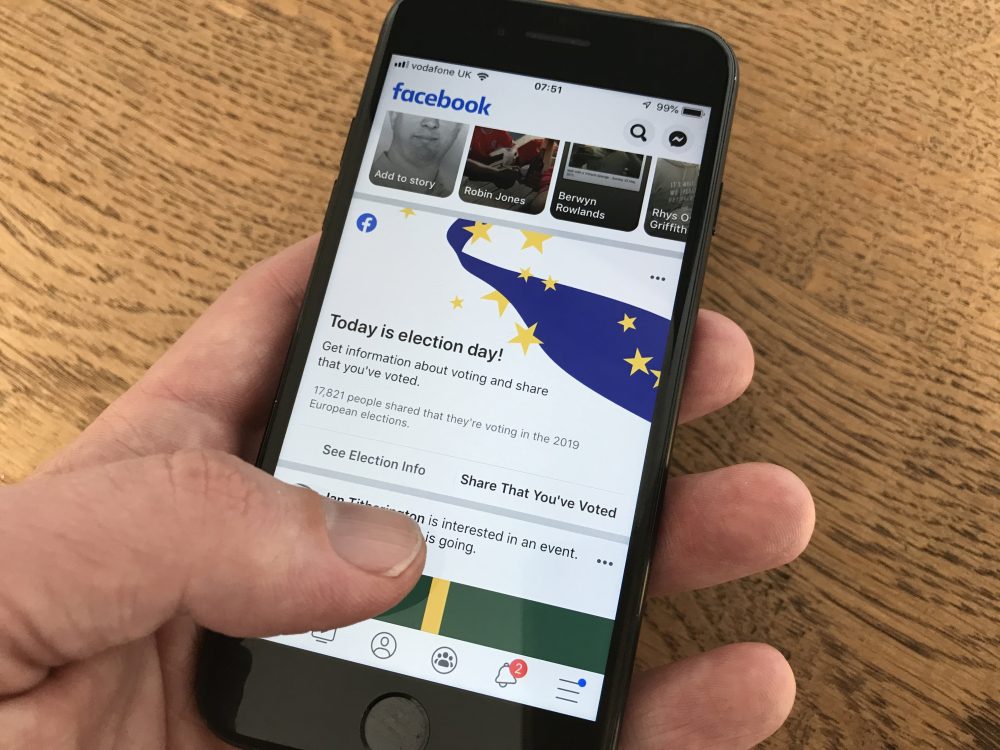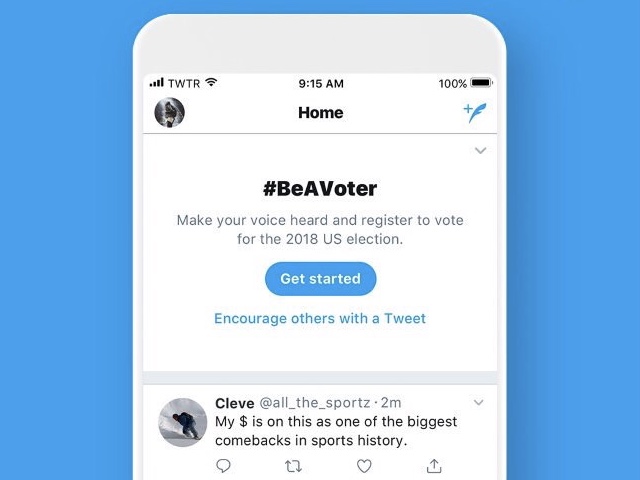Harnessing the collective might of social media platforms should be top of the agenda to help Wales engage its citizens and boost turnout, says Morgan Lloyd
The democratic deficit has long been a hot topic for Welsh politicos. And for good reason. 20 years since the birth of devolution, and awareness of Welsh politics is lamentable. The fact that education and health are run here in Wales escapes many. Politics is still viewed through the lens of what’s happening at Westminster. The answer? We need a stronger press; we need Welsh versions of the London newspapers; we need to offer financial support to local journalism; we need to devolve broadcasting; we need to place greater requirements on outlets to report Welsh news…
These suggestions are repeated in every review into the media, and during every election. People are rightly frustrated that network news still struggles to cope with reporting politics in a state made up of four nations with varying degrees of devolution. Yet, none of these ideas are particularly close to being enacted. Even if there were a consensus to subsidise local news, establish an in-house news wire to provide content for other outlets, devolve broadcasting or somehow force outlets to cover Welsh politics, it would take time to implement, and an even longer time to have an impact on the wider public.
So what can be done now?
Well, boosting awareness and turnout at Welsh national elections through using the combined reach of social media channels would be an effective place to start. And by using social media, I don’t mean institutions posting more content to Facebook in the hope that it will will get shared. Instead, a more strategic approach is needed — one that genuinely understands how the wider public use media, rather than how politicos would like it to be used for. A strategy for major institutions — the Senedd, the Electoral Commission and others — to work with the major social platforms, rather than just using them.
Tunes to boost turnout
Last month, audio streaming service Spotify became the latest platform to join other social media companies in encouraging democratic participation. The eye-catching Get Vocal campaign from the Swedish music streamer, is encouraging people to take part in the European elections at the end of May. Spotify’s campaign has a potential reach of 70 million users across the EU, including premium customers. That’s one in six potential voters.
Music lovers have been reminded of the election as they launch the app in the weeks running up to polling day. Alerts nudge them on the day that their particular country’s vote is held. Some fun and talkability has also been added, with Eurovision-style playlists of songs from each of the EU member states. Spotify is just the latest to do this. In recent years Facebook, Google and Twitter have all used their platforms as part of voter registration and turnout efforts.
A Welsh Spotify playlist of constituency-based tunes would actually provide a pretty impressive lineup — the Manics representing Islwyn, Stereophonics for Cynon Valley and Shirley Bassey for Cardiff South and Penarth. There are even Assembly Members who’s songs are on Spotify, including the Llywydd Elin Jones from her days in Cwlwm. But beyond the novelty of a playlist, there is certainly a big opportunity to work with the platform to nudge people to encourage voting.

2 million reasons to prioritise social media partnerships
The major social media and web companies offer a combined reach that dwarfs the potential of print media, even if there were Welsh editions of the main UK papers. 67% of the population use social media. That’s 2 million people in Wales. Usage and dwell times are also remarkable. 90% of UK internet users use social every day, spending an of average 1 hour 50 minutes on the platforms. On top of this, the different social channels cover a wide variety of audiences and age groups, providing the holy grail for communicating with some of those hard-to-reach groups that institutions are so keen to engage.
Google says Go Vote
90% of all Welsh internet users use Google, giving it a near monopoly on what we search for and enormous daily audiences. The search engine’s famous homepage is already customised annually for St David’s Day, and in the US elections Google has become Go Vote on polling day, clicking through to a site that gives independent information on polling locations. They even partnered with Uber to give people directions to their local polling station through the ride-hailing app. A Go Vote message could be a powerful reminder — served to devices across Wales on election day. The platform could also ensure that official and unbiased advice on how, where and when to vote is given prominence over other search results and political adverts.

Over 71% of UK adults (+13 years old) are on Facebook, which equates to around 2 million people of Wales. The most popular social platform has been posting reminders to US timelines for over a decade. Fortune reported that campaign in 2016 led to a major surge in voter registration, especially among 17–25 year olds. In the UK, the company has also been placing reminders into people’s timelines for recent Westminster and this week’s EU elections, but not yet for devolved elections. A Facebook-led voter reminder campaign could reach two thirds of the Welsh population. It also had high usage among older age groups, counter to the outdated assumption that social media is only used by young people.

Like Facebook, Twitter has come in for criticism because of the alarming speed and ease at which misinformation and dangerous content can be spread by anyone from bots to faceless keyboard warriors. The platform has been keen to improve its reputation and has worked in the US to guide citizens to non-profit Turbovote in order to register to vote and get accurate information. Twitter is used by around 24% of the UK population and there have already been some good examples of the platform signposting people in the UK towards official advice where misinformation or controversial content is present. Placing reminders in streams or signposting information on where to vote when people search keywords would be welcome service from Twitter and others.

Beyond the big three
- With around a million Instagram users in Wales, the Facebook-owned platform provides the perfect place for a creative campaign. Wales could even trial placing attractive installations and designated selfie spots near polling stations to boost peer-to-peer political nudging.
- Snapchat, like Instagram, is a visual platform perfect for pics and videos. It has a younger audience and would be used by large numbers of first-time voters. Normalising voting at an early age is crucial to establishing continued participation throughout a person’s lifetime. Snapchat has already delivered impressive voter campaigns and claim to have got over 400,000 people to register in US elections through prominent buttons, video content and influencer content from the likes of Taylor Swift.
- Youtube, the Google-owned video site, and world’s second largest search engine, is used by 79% of the Welsh population. Recent US elections have seen live debates given prominence on a platform that now dwarfs the reach of a ‘traditional’ TV channel, especially among younger audiences, some of whom watch almost no linear TV.
- And LinkedIn, with around 27 million profiles in the UK, could be a powerful medium to encourage employers to play their part in democracy. ‘Voting Hour’ — giving employees an hour off to vote — could be one concept to explore. And promoting this idea via Linkedin to Welsh employers would at the very least boost awareness in workplaces.
Big tech: should we be worried?
Why have many of these digital behemoths been running campaigns to encourage voter registration and turnout? A sense of doing social good by encouraging democracy? A public affairs exercise? A way of collecting valuable behavioural insights and data on individuals? It could be a mixture of these reasons. After receiving heavy criticism and political pressure in recent years, they are no doubt keen so stave off the threat of greater regulation by being seen to be providing a positive and valuable service to society.
Of course, there are considerable and legitimate trust issues to weigh up and assurances needed in terms of personal data, but what’s undeniable is the fact that these platforms offer unparalleled reach and huge opportunity. Many of these social networks are far from perfect, but that doesn’t mean they can’t be used for good, and Wales need to be ambitious in this area. Partnerships with these platforms mean that we can use their huge reach to do the heavy lifting. Forget about developing custom apps or expensive sites to encourage people to vote or engage more in politics. Government isn’t good at this kind of thing. Don’t try to bring people to you, go to where people already are.
Impact beyond turnout
Parnering with social companies could have a significant impact in increasing voter turnout. But by layering the channels alongside more traditional media — TV, local and regional radio stations, digital, print and news coverage — the move could help deliver even bigger effects. An ambitious multi-platform effort would create the mood music (or Spotify-powered soundtrack) to elevate the importance of the elections, and therefore the Parliament and government of Wales. If would bring Welsh politics towards the front of people’s minds-— even if they only buy UK tabloids, listen to UK-wide stations and avoid Welsh news altogether.
Let’s build our network
Our institutions need to establish an effective relationship with decision makers at the likes of Facebook, Twitter and Spotify. Many tech and social companies are larger and more powerful that entire nations, and some countries have already adopted new ways of engaging with them. Denmark, for example, has a techplomat in Silicon Valley, the diplomat-come-tech-ambassador works to ensure his nation’s interests are promoted when it comes to tech by building positive working relationships with the likes of Facebook. This approach could be used, officially or unofficially in Wales — and we won’t be starting cold. We already have a diaspora working at various levels within some of these companies, who can be called upon through networks such as Global Welsh to connect people and ease discussions.
We’ve also got form when it comes to punching above our weight to influence global tech. The flag emoji campaign run by Owen Williams and Jeremy Burge in 2016 saw the red dragon (along with the Scottish and English flags) being accepted as official emojis and rolled out many of the the 2.5 billion smartphones worldwide. By developing these relationship we could offer tech partners a perfect testbed, emulating the likes of other small, nimble nations like Estonia. We could offer super-quick voter registration or intuitive messenger chatbots which help bring the democratic process to life by combining tech and creative content.
It’s easy to think that overturning the democratic deficit in Wales is too difficult to achieve, but we need to take a step back and realise that there are other alternatives if we think differently. Technology has always offered opportunities. Getting the social platforms onboard may not create an entire nation of engaged and informed citizens overnight, but it’s a start.
This post first appeared on Morgan Lloyd’s Medium page
Photo by ROBIN WORRALL on Unsplash
All articles published on Click on Wales are subject to IWA’s disclaimer





